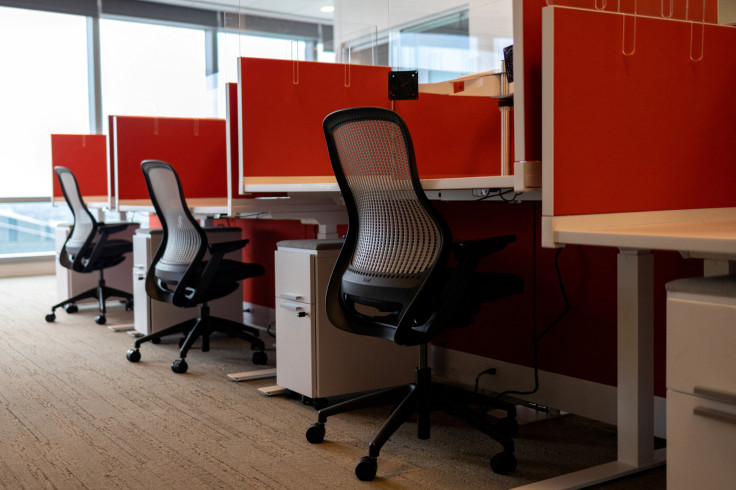British employees found to spend least amount of time working in offices
Workers in Britain are unwilling to return to the pre-COVID time of regularly attending company offices and remain unclear with employers on future solutions.

Employees in Britain are spending the most amount of time working at home compared to workers around the world. Despite remote working being largely favoured in Britain, employees want to spend even lesser time in an office environment due to feeling unsatisfied with the office work model.
The rest of the world has seemingly made much larger steps to operating in the office again after the COVID-19 pandemic with restrictions having been eased. A reported 72 per cent of businesses across the globe have now authorised a return to working on-site, with employee collaboration and chemistry believed to have suffered because of the reduction of in-office work.
The desire for fewer office drop-ins for staff in Britain was demonstrated by fresh research from Unispace, a firm with expertise in global workplace creation. Unispace's Global Workplace Insights Report, Returning for Good, surveyed 9,500 employees and 6,650 company leaders across 17 different nations.
The key findings from the results found that only 34 per cent of British workers are operating within the office for four or more days per week, which was less than any of the other countries surveyed, and the percentage is below the global average of 50 per cent. That has not prevented staff in Britain from seeking more work-from-home hours, as only 21 per cent of employees in the country are satisfied with going into the office four or more times a week.
One area of the workplace environment which has played a part in British employees' unwillingness to regularly make their way into the office is hot-desking.
Hot-desking is used by organisations so that on different days staff can work from different desks, in turn, they can enhance internal knowledge and collaboration.
In Britain, 56 per cent of workers stated their workplace office has a hot-desking system currently and that is slightly above the worldwide average of 48 per cent. The notable observation is that 76 per cent of British workers who do not have an assigned desk for them and have to instead hot desk, would be much more open to working in their company office more frequently if handed their own personal desk.
CEO of EMEA at Unispace, Lawrence Mohiuddine, spoke on the threat posed to businesses in this situation and what should be done to encourage staff returns to the office.
He explained: "Businesses will only continue to face recruitment and retention issues if they do not address the underlying challenges around workplace returns. This includes listening to what employees want in the UK, including creating more private spaces, mimicking the benefits of home working environments, whilst still gaining from the benefits of collaborative and social workspaces."
The topic of remote working has become a fascinating conversation amongst many in the professional working landscape and that includes the CEO of both Tesla and Twitter, Elon Musk. Musk is not a fan of employees working from home due to the lack of productivity it brings and made this stance clear when he abolished Twitter's remote working policy when he took over the company last year.
In regard to remote working and office activity, staff and employers are currently not seeing eye to eye on certain aspects and have different expectations. This is as 74 per cent of employers believe that British workers will return to the office for a minimum of four days a week soon but only 53 per cent of British employees anticipate this happening.
Also, there are varied views on hybrid working models as 59 per cent of workers maintain that hybrid working will stunt career development and ultimately affect promotional and bonus possibilities. However, amongst employers, it is deemed a bigger risk as 75 per cent of them are of the opinion that it will halt career prospects.
British employees were found to have the lowest amount of loyalty levels towards their companies of employment, with 68 per cent. Whereas the average number of employees loyal to their companies across the world was 77 per cent. Employers seemed to actually think 74 per cent of their staff were loyal to their companies, and appear to be unaware that their staff are not as loyal as they wish to believe.
Mohiuddine spoke on the opposing views of employers and employees in Britain currently and how common ground should be found.
He stated: "There is a clear lack of communication between employees and businesses, with views around future office returns and the impact of hybrid working on career progression differing between the two groups. Businesses need to find a way to strike the right balance to encourage people to form new habits and head into the office but, equally, employees need to be given a compelling reason to do so."
© Copyright IBTimes 2025. All rights reserved.






















